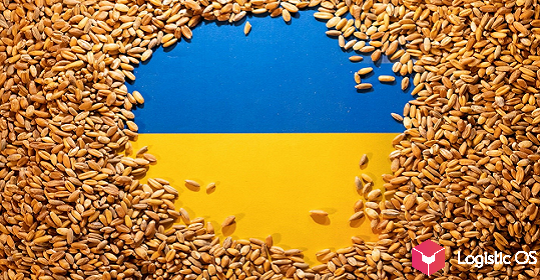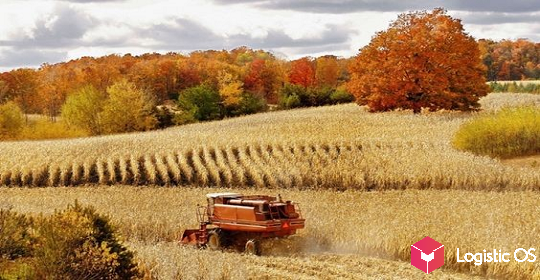Russian breeders are concerned about Bayer’s transfer of wheat germplasm.
From the history of the question:
In the fall of 2016, Bayer signed an agreement to purchase US herbicide and seed producer Monsanto for $ 66 billion.
This deal was approved by the Russian FAS with the requirement to transfer technologies in the field of seed breeding and digital farming to the Russian Federation.
And two years ago, a technology transfer center was opened to transfer these technologies to Russian agricultural producers.
The center was opened by the antimonopoly service, the Higher School of Economics (HSE) and, in fact, the Bayer concern.
In 2019, the first seven Russian companies were selected to receive germplasm.
Germplasm is a set of genes that are transmitted through reproductive cells to offspring through reproduction.
What caused the concern of Russian breeders?
Under the terms of the agreement, germplasm will be sent to Russia free of charge, the recipient company only needs to sign a license agreement on the payment of royalties.
Until a new variety or hybrid is introduced to the market, no payments will be made.
But there is one «but»: Russian breeders must open all the technologies for creating hybrids for Bayer.
This moment became a stumbling block: the scientists of the Russian Academy of Sciences were concerned that the transfer of such data endangers food independence and the security of the country as a whole.
Bayer confirmed that, under the terms of the agreement, the recipients of germplasm after the creation of a new variety or hybrid must provide all breeding records.
But these records will relate specifically to the new varieties bred using the provided gene material, which in no way leads to the discovery of all breeding data.

Cooperation with Bayer is necessary for Russian agriculture: if new technologies are not actively introduced, then the country may lose its hard-won leadership in wheat.
The second important point is that Russian recipients of genetic material from the Bayer concern will be exempt from royalty payments for all varieties or hybrids bred on its basis.
Russian enterprises will be able to use germplasm to create new varieties of wheat and soybeans.
Also, the gene material will be donated if it is used in the process of creating parental lines for corn and rapeseed.
FAS separately emphasized that the specific gravity of germplasm in a new variety or hybrid will not matter.
While Russia lacks high-quality wheat, most of the bread and pasta are made from low-quality raw materials.
For example, in the 2019 harvest, the share of wheat with gluten below 25% (and this is the most important indicator of the quality of raw materials) significantly exceeded the share of grains of the 1st and 2nd class.

